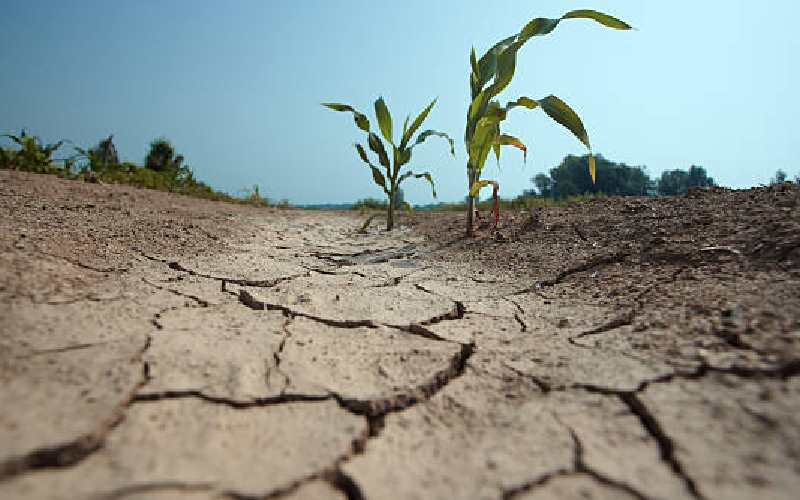
During the Gulf War in 1991, the International Committee of the Red Cross (ICRC) was looking for a legal adviser on international humanitarian law. At the time, I was working as a lawyer in the Swiss banking sector. The job offer from the ICRC made me change my perspective from corporate and banking law in Switzerland, to international humanitarian and human rights law for the benefit of people in conflict areas. I very soon learnt that the effective alleviation of humanitarian crises requires enormous strength, long-term engagement and joint efforts from all sides: citizens, governments and the international community.
Early in my career, the Horn of Africa became a priority region during the many years of working with the ICRC, the UN and Swiss Humanitarian Aid. I visited Kenya, Ethiopia and Somalia at regular intervals. I saw heartbreaking hardships but was also fascinated by the hospitality and resilience of the people, despite the often extremely difficult living conditions.